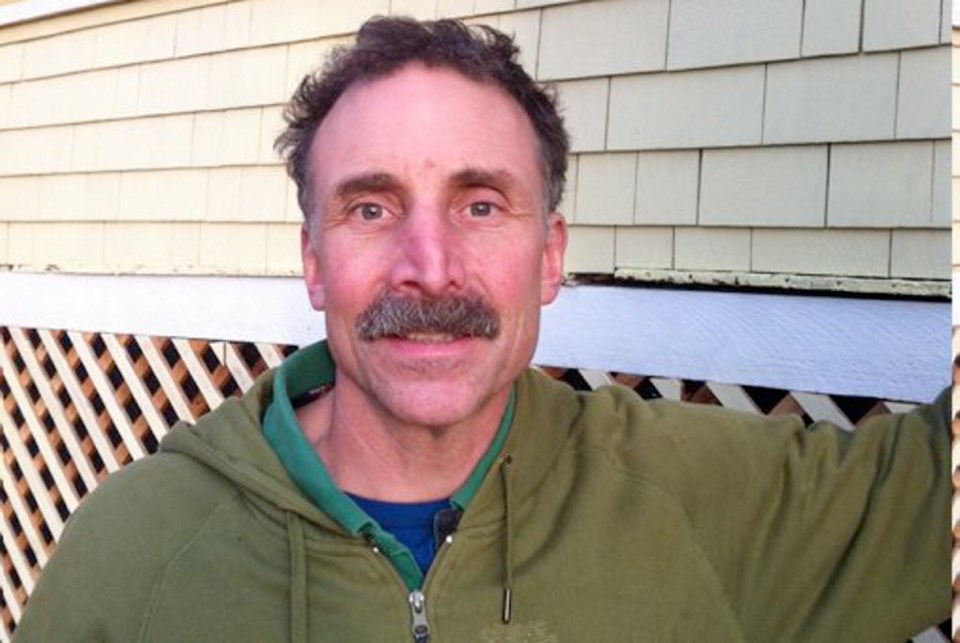A Cowichan District Hospital emergency doctor says he is owed more than $100,000 by B.C.’s Health Ministry, and is taking his claim to B.C. Supreme Court as part of a class-action suit that could reach $100 million.
The total is an estimate of unpaid fees — plus two decades of interest — for B.C. doctors who treated patients whose Medical Services Plan premiums had lapsed between July 23, 1992, and April 30, 1996.
The case, which began 15 years ago, is set to go to B.C. Supreme Court on April 22.
“I had utterly no idea it could possibly have taken this long,” said Dr. James Halvorson, whose disputed fees date back to treatments he provided in Nelson and Vancouver.
During the period covered by the lawsuit, doctors submitted claims to the Medical Services Commission for treatments they had provided.
Days later, they would receive a response denying payment for services to patients who were three months in arrears of their premiums, said Halvorson’s lawyer, Arthur Grant.
“That was how doctors, especially doctors providing services in hospitals, would learn that the patient in question had no coverage for the date of service,” he said.
“Often, by then, it was weeks after the initial date of service and the patient was not there.”
Grant estimates that about three per cent of the B.C. population did not pay their Medical Services Plans premiums during the period covered by the suit. Between 7,000 and 10,000 doctors were billing MSP at the time.
B.C. requires all residents to enrol in the plan. Any family or individual with an adjusted net income of more than $30,000 is required to pay the entire fee — $798 for an individual or $1,596 per year for a family. Five levels of subsidies are available for those who make less.
Effective May 1, 1996, B.C. stopped cancelling MSP coverage for residents who had not paid their premiums, Grant said.
In April, the court will look at the legality of what happened during the contested three years, determining if the Medical Services Commission had the legal authority to de-enrol B.C. residents for non-payment of premiums.
The ministry did not comment on why it was fighting the case, but said it plans to “vigorously defend its position” in court. Commenting further would be inappropriate, a spokesman said.
Grant said he expects the province to argue that the 1968 Medical Services Act and Regulations and the 1992 Medical and Health Care Services Act gave it the power to cancel health coverage for people whose premiums had not been paid for 90 days.
But Grant says those powers could not be exercised without contravening the “universality” requirement of the 1992 act, which requires compliance with the Canada Health Act. In force since 1984, the Canada Health Act states that the federal government must ensure provinces and territories provide free and universal access to publicly insured health care.
“During that time period, and in fact, right up to the present, the federal government has been making contributions under the Canada Health Act to B.C. on the condition that we covered 100 per cent of our residents — that universality was being complied with,” Grant said.
“And it wasn’t, so the province was being unjustly enriched on the backs of the doctors.”
Halvorson said he and other doctors had no idea whether their emergency room patients had paid their MSP premiums.
He has treated patients behind in their payments in several Canadian jurisdictions, but said that only in B.C. has he not been paid.
Medical Services Plan basics
• Between 7,000 and 10,000 doctors were billing MSP between 1992 and 1996, the period the lawsuit covers.
• MSP bills are sent to about 2.3 million B.C. residents every month.
• Individuals or families with an income of more than $30,000 are expected to pay $798 to $1,596 per year for MSP premiums.
• About 200,000 families and individuals with incomes between $22,000 and $30,000 a year are subsidized; 800,000 people are not required to pay any fee.
• There are $360 million in MSP premium arrears of more than 90 days, the Ministry of Health says.
15 years and counting
The class-action lawsuit trying to get payment for doctors who treated patients in arrears with their Medical Services Plan premiums was launched 15 years ago, and “we’ve been fighting ever since,” said lawyer Arthur Grant.
• 1998 — The class-action lawsuit is launched.
• 2001 — The B.C. Supreme Court holds that it is not a proper case for class action.
• 2003 — The B.C. Supreme Court’s decision is overturned by the B.C. Court of Appeal.
• 2005 — The B.C. Ministry of Health successfully applies to have mediation suspended and the statement of claim more clearly spelled out.
• 2010 — Both sides return to the B.C. Court of Appeal for further directions regarding the 2003 ruling.
• July 12, 2012 — B.C. Supreme Court Justice Elaine Adair decides the class-action suit can proceed.
• January 2013 — Grant applies to chambers of the B.C. Supreme Court to suspend the stay of mediation that was granted to the ministry in 2005.
The application is dismissed, and the court orders that there can be no mandatory mediation before the April trial unless both parties consent, Grant says.



